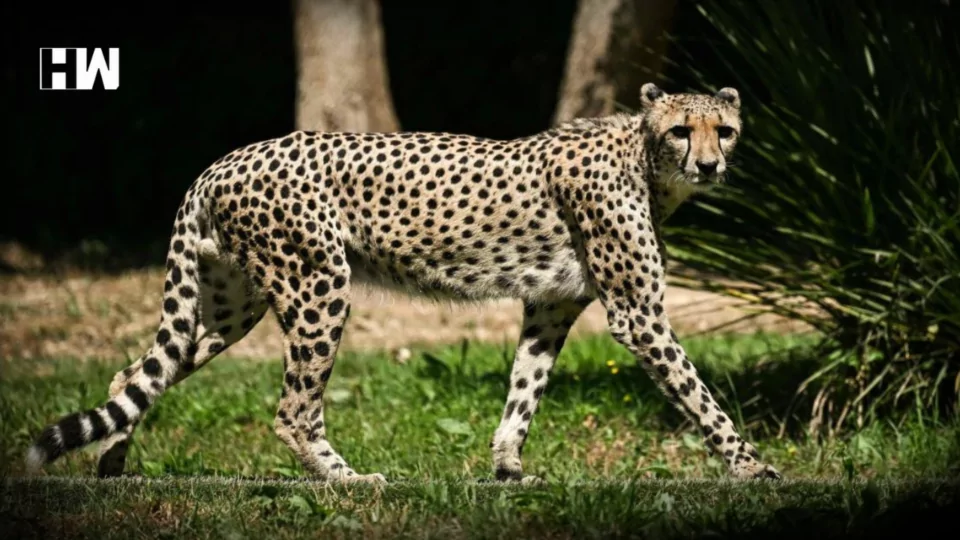New Delhi: Yadvendra Jhala, dean of the Wildlife Institute of India will be reintroducing cheetahs in India. Cheetahs shared India’s jungle land with leopards, Lions, and tigers but they disappeared 70 years ago as human development and hunting ramped up.
He said, “This is the only large animal that we have lost in independent India. I’ve always been interested in reintroducing cheetahs to India.”
If everything goes according to plan, Jhala’s dream will come true. Later this month, eight cheetahs are scheduled to arrive India from Namibia, in celebration of Prime Minister Narendra Modi’s birthday on September 17, and 12 more are due from South Africa around October 10.
They will be under quarantine for a month. After that, they will be released in Kuno National Park, a 289-square-mile protected area about 200 miles south of Delhi.
Proponents of the projects believe that the return of the cheetahs will strengthen both conservation efforts and the local economy.
Also Read: “PM Modi To Hold Bilateral Meetings With Putin, Ebrahim Raisi, & Shavkat Mirziyoyev In SCO Summit”: MEA
“The cheetah is a magnificent animal, it’s a big magnet for ecotourism. If you bring in cheetah, the government will put funds into rehabilitating and rewilding these systems, and all the biodiversity will thrive,” Jhala said.
This project is a boon for all the species overall. Only around 7,100 cheetahs remain in the wild today. However, other experts claim that the reintroduction plan is too quick. They warn that any cheetahs released into the park will swiftly leave its bounds, where the huge cats will probably be killed by people or dogs or perish from malnutrition.
“I’m not against the project, I’m against this very tunnel vision thing of just bringing cheetahs and dumping them in the middle of India where there are 360 people per square kilometer,” says Ullas Karanth, emeritus director for the nonprofit Center for Wildlife Studies and a specialist in large carnivores.
He added, “It’s putting the cart before the horse.”
Arjun Gopalaswamy, an independent conservation scientist conducted research on big cats in India & Africa. He said, “There’s not any chance for free-ranging cheetah populations now.”
As an independent media platform, we do not take advertisements from governments and corporate houses. It is you, our readers, who have supported us on our journey to do honest and unbiased journalism. Please contribute, so that we can continue to do the same in future.

